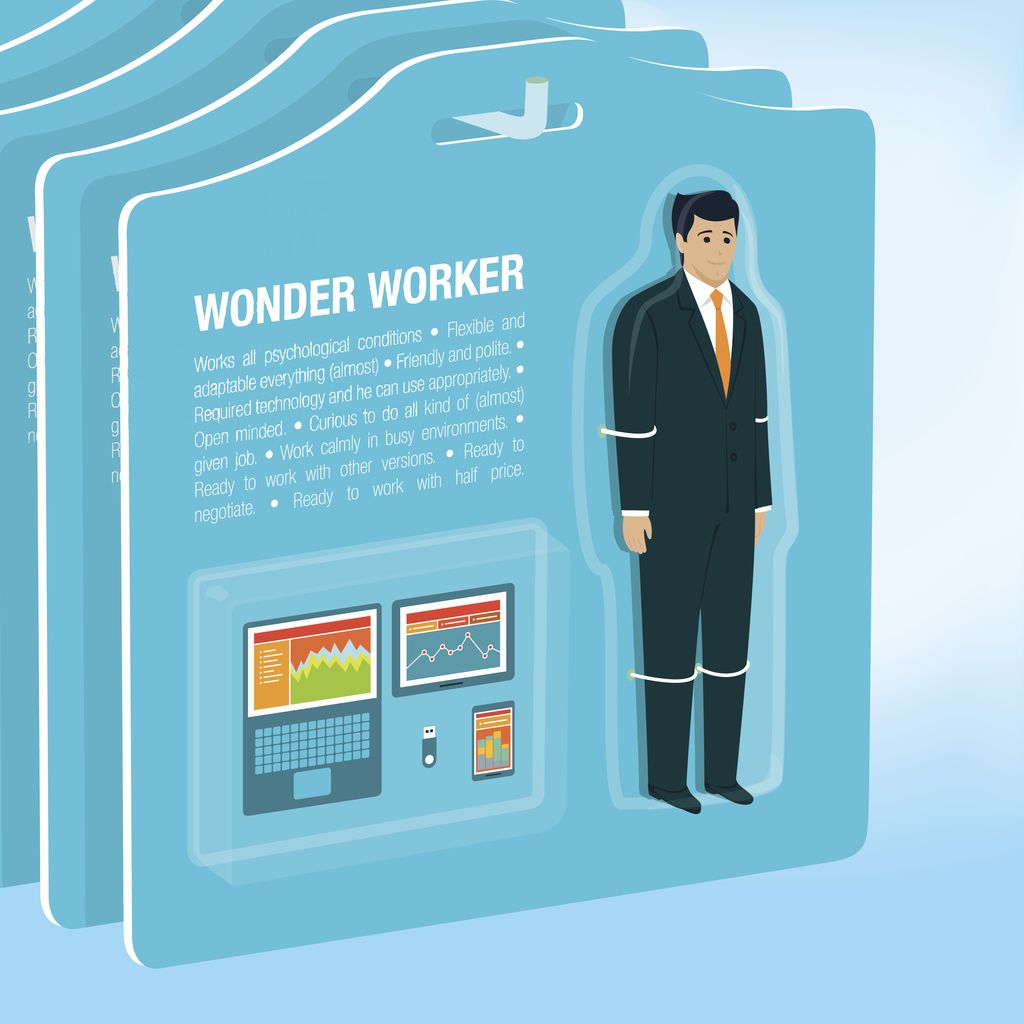
Intermediaries Legislation
Working trends have changed in recent years and many people now use an employment intermediary, typically a recruitment agent, to help them find work.
Agents provide people with regular work and give them the flexibility to accept or decline work as they wish. Businesses increasingly use intermediaries to get skilled staff at short notice for temporary engagements, so employment intermediaries play an important role in contributing to the UK economy.
If you operate a limited company that supplies Contractors to clients, you may also be regarded as an intermediary.
In recent years HM Revenue and Customs (HMRC) has seen increasing evidence of growth by some intermediaries:
- helping to create false self-employment
- supplying UK workers from an offshore location
Both of these methods have been used to reduce employment taxes and avoid having to fulfil their legal employment rights and obligations.
Agency rules
Agency rules mean that you need to operate PAYE as if the workers you supply are your employees. The payments the worker receives are treated as employment income.
Agency rules don’t just apply to employment agencies. If you supply workers for your clients or for other employment intermediaries then you need to check whether you have to operate PAYE.
When you need to follow agency rules
You must follow agency rules and operate PAYE for your worker if all the following conditions apply:
1.the worker personally provides services to another person – known as the client
2.there is a contract between the client (or a person connected with the client) and a person who is not the worker, the client, or a person connected to the client – the agency
3.the client pays or provides consideration for the services of the worker
Exceptions to agency rules
Agency rules don’t apply if the worker:
provides their service without anyone (including the intermediary or the client) having the right to supervise, direct, or control how they do the work.
The worker always works from their own home, or on premises not controlled or managed by the client – unless the type of service being provided to the client means the worker has to be at those premises
The worker provides their services as:
an actor
singer
musician or other entertainer
fashion, photographic or artists model
The rules don’t apply if there’s someone else who is the contractual employer of the worker.
That employer has to operate PAYE, not the agency. For example, if you get your workers from an umbrella company and they employ the workers and deduct PAYE, you as an employment intermediary don’t have to apply these rules.
More than one employment intermediary in a contractual chain
Where more than one UK employment intermediary is involved, you are treated as the employer if your business is the one that has the contract with the end client.
If there is more than one employment intermediary in a contractual chain and only one of you is in the UK, then that business is responsible for fulfilling PAYE obligations for the worker.
Workers supplied to work outside the UK
You still have to operate PAYE if you send a worker abroad and they would normally qualify for UK PAYE deductions. For example, an employment intermediary supplies 4 UK residents to work 3 weeks in the Netherlands for a Dutch company. You should operate PAYE for this period if agency rules apply. If agency rules don’t apply, you should apply the normal employment status rules.
You don’t operate PAYE if you’re a UK agency and you are supplying non-UK resident workers to a client based abroad.
Workers supplied to a non-UK employer or agency with no UK presence
If a worker works in the UK for an employer who has no presence in the UK and the PAYE regulations do not apply, there are special rules that can treat someone else as the employer if:
the employee works for another person in the UK that person is treated as the employer
a third party is involved – for example an agency, then the agency that contracts with the end client is treated as the employer
Reporting requirements for employment intermediaries who don’t need to operate PAYE
You must send HM Revenue and Customs (HMRC) a special electronic return with basic information about your business and each worker you supply to a third party if you are a UK employment intermediary and you haven’t operated PAYE.
The return is a report (or reports) that must be sent to HMRC at least once every 3 months, you may be charged a penalty if your report is late, incomplete or incorrect. You must use HMRC’s report template. HMRC has provided an online service for you to upload and send your reports.
Summary
If you supply contractors through a limited company, or are a recruitment consultant, you may be required to file Intermediary Reports quarterly to HMRC. Failure to do so will result in automatic fines of up to £1000 or in severe case £600 per day! The first filing deadline was August 5th, contact us now to discuss how this impacts you and how we can assist you with your statutory obligaiotns.
We have accountants in Essex and Canary Wharf waiting to take your call.

















